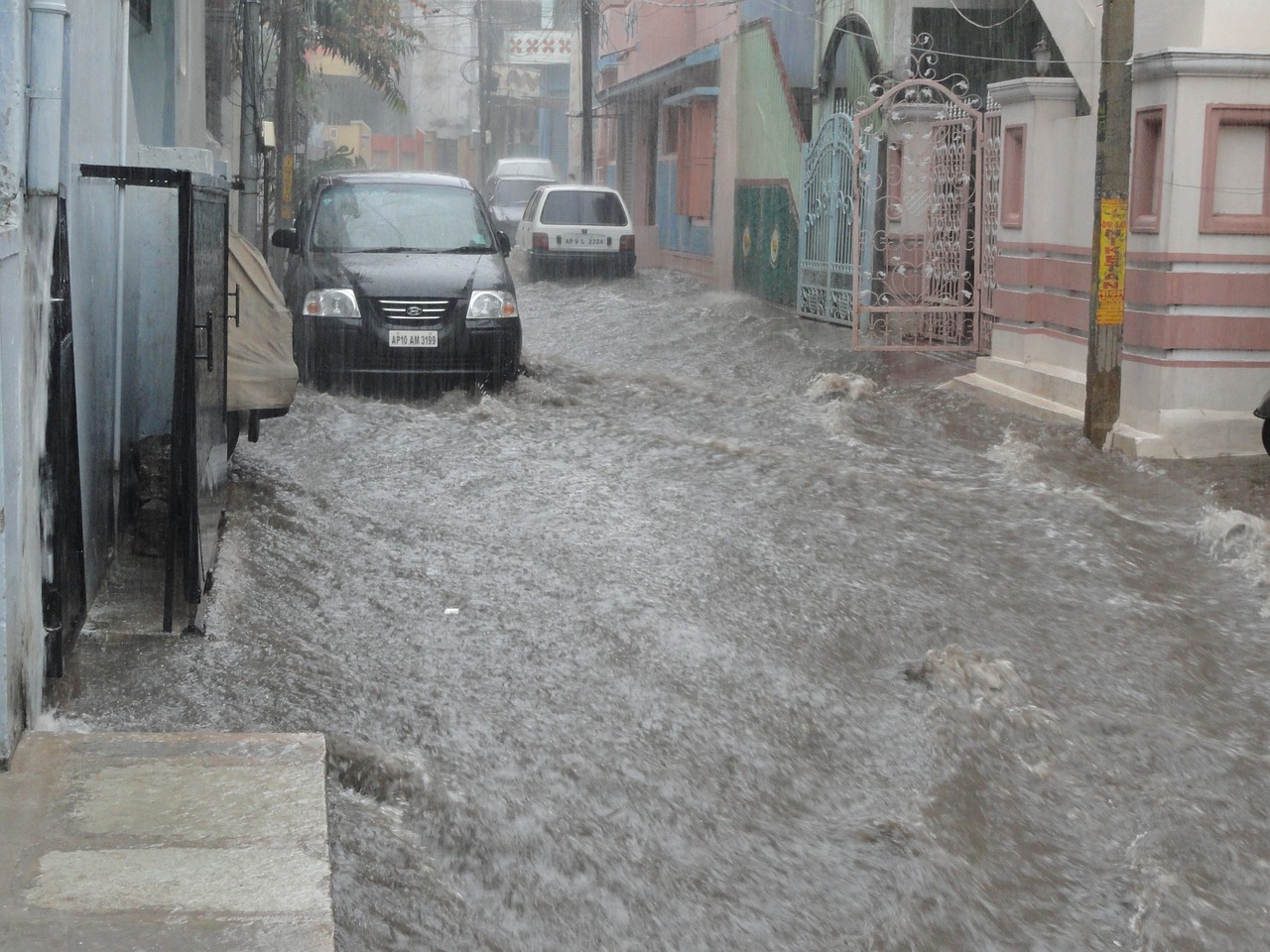High-risk home insurance is like extra protection for houses that face more potential dangers. Just as some areas are more prone to storms or accidents, some homes have characteristics that make them riskier to insure.
Imagine you have a house in an area prone to floods or wildfires. These places have a higher chance of experiencing natural disasters, which could lead to damage. High-risk home insurance steps in to provide coverage specifically for these risks.
Now, think about your house's features. Maybe it's really old, has faulty wiring, or needs significant repairs. These factors increase the likelihood of accidents like fires or water damage. Insurance companies classify such houses as high risk because they're more likely to need repairs.
Similarly, if you have a history of making multiple claims or have a low credit score, you might be seen as high risk. This isn't a judgment on you personally, but rather an assessment of the likelihood of future claims.
So, high-risk home insurance is like a special plan that takes into account these extra risks. It covers not only the usual incidents but also those specific to your house's situation. However, because the risks are higher, the premiums – the amount you pay for insurance – might be more expensive.
For instance, let's say you live near a river that often floods. Your high-risk insurance would cover flood damage specifically, which a regular policy might not include. Or if your house has outdated plumbing, high-risk insurance would help with potential water-related problems.
In essence, high-risk home insurance is a tailored safety net for houses facing higher probabilities of incidents due to location, condition, or history. It's like having an extra layer of protection that accounts for your unique circumstances. While it might cost a bit more, it's worth it to ensure that you're fully covered in case the unexpected happens.








